In the city of Jaisalmer, Rajasthan a classical architectural marvel stands, known as the Patwon ki Haveli. Situated near the Patwa valley, this haveli comprises of 5 different palaces, and is also known as the house of the brocade merchants, because it was built by a wealthy brocade merchant and jeweler. The 5 mansions are meant for 5 Patwa brothers. At present, there is one haveli where guests are put up, while two others are under the authority of Archeological Survey of India. Inside the mansion, there is a museum and shop for antique furniture. The mansion is made of yellow sandstone with brown gateway. The walls are adorned with exquisite mirror works and beautiful paintings. Also, each of its arches is created with a distinctly unique style. There are lattice or jali carvings, which let the sunlight illuminate the place. It has about 60 balconies in total, and the structure is constructed in traditional style of Jaisalmer. This mansion complex is one of the most well preserved heritages of the region.
History of the Attraction
A wealthy merchant named Guman Chand Patwa constructed this mansion complex, and the first of the mansions was built in 1805. The whole mansion complex with all its grandeur grew up in the course of 60 years. The first mansion however, remains the grandest of them all. It was the second haveli to be constructed in Jaisalmer.
Getting There
From Jaisalmer, there are local transports to reach the haveli. There are two main bus stands in the city, from which you will find a number of buses going to the haveli. There is also a railway station in Jaisalmer, which can be used to travel from other places.
Things to do in and around
There are a number of tourist attractions close to the Patwon ki Haveli, such as Badal Mahal, the Folklore Museum, etc. There is a Sunset Point in Jaisalmer, from which you can experience a dramatic sunset on a day when the sky remains clear. There is also the Jaisalmer fort, made of sandstone, and resembling gold in glittering sunlight.
Opening/Closing Timings and days
The haveli is closed for public after dark hours.
Entry Fee
No entry fee is needed
Best time to Visit
The best time to visit this place would be during the colder months, from end October to mid February. Summer is generally too hot to handle in these regions, and therefore, not the ideal time to travel.




























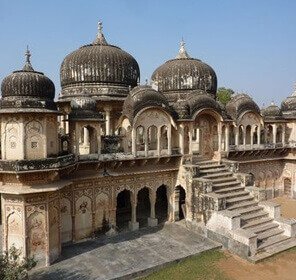
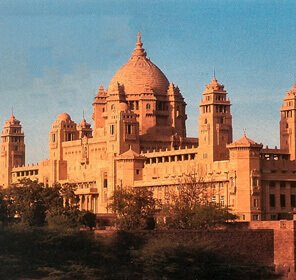


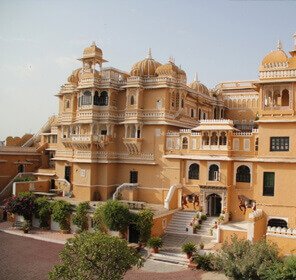


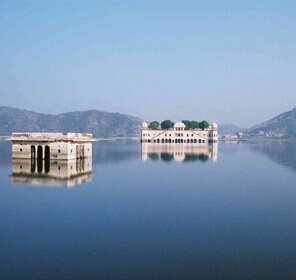














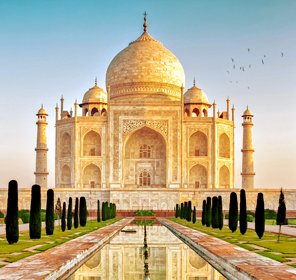

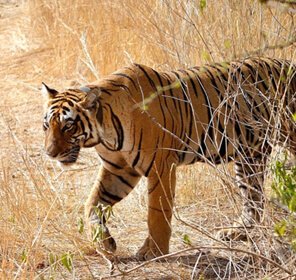
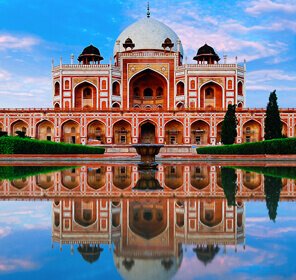
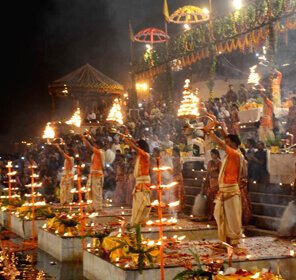
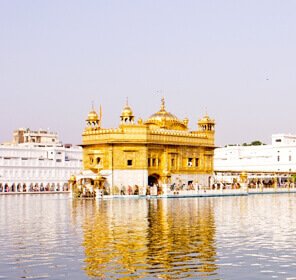
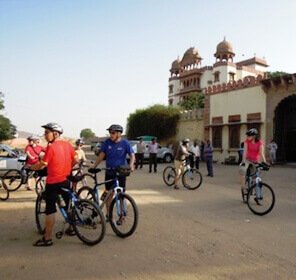
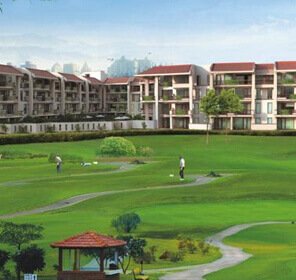
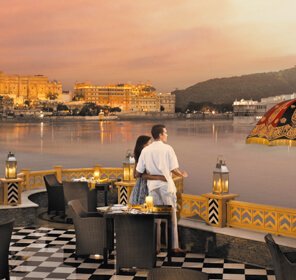
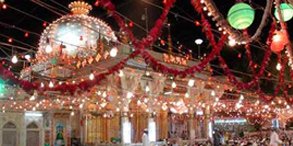
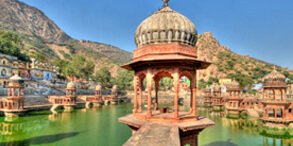
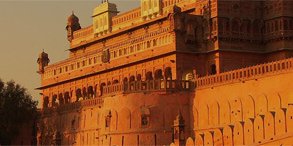
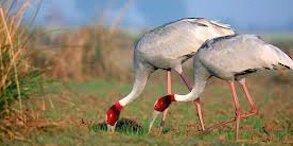
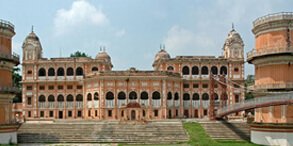
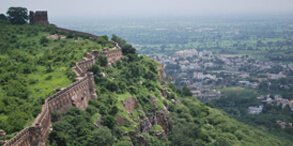
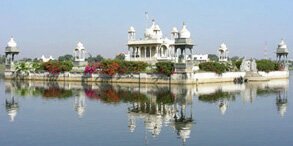
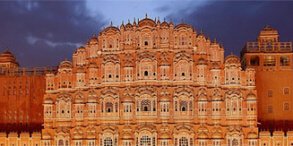
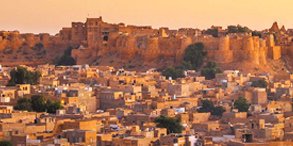
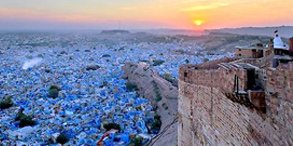
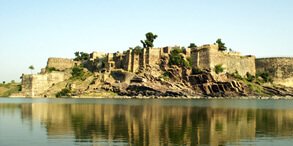
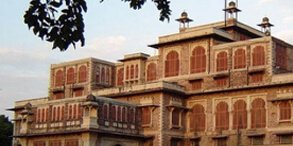
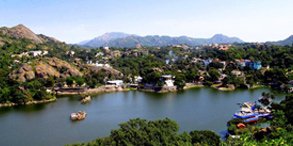
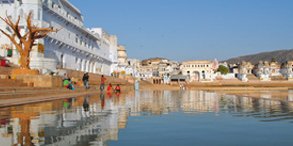
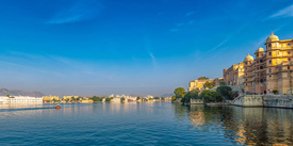
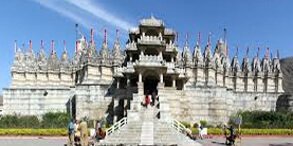
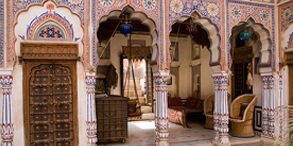

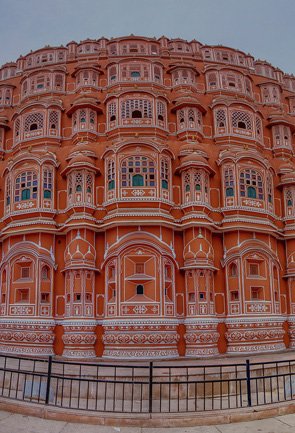
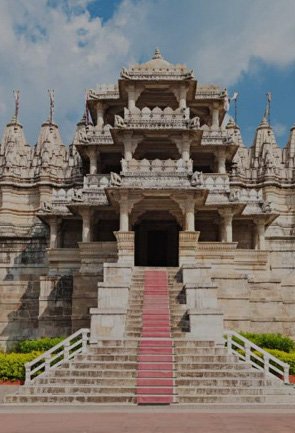

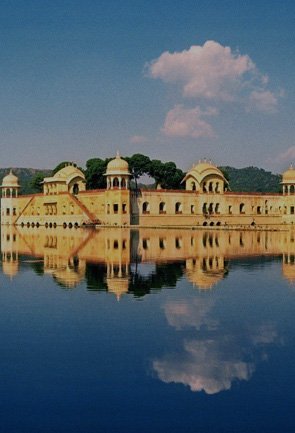

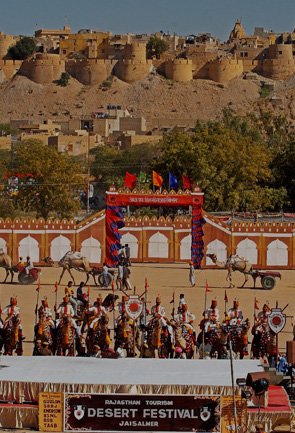
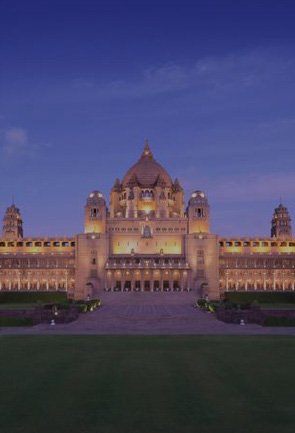
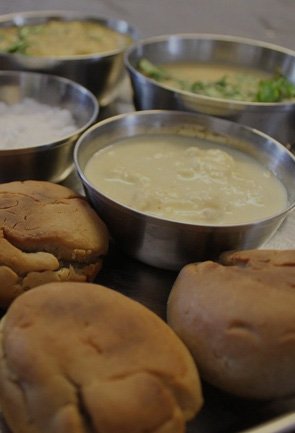

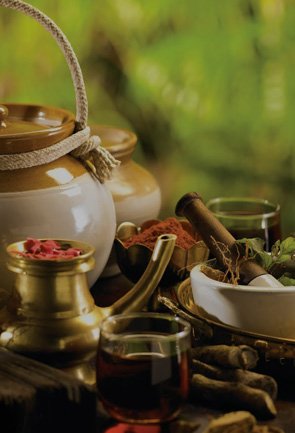

 Plan Trip
Plan Trip Call Us
Call Us Packages
Packages Home
Home